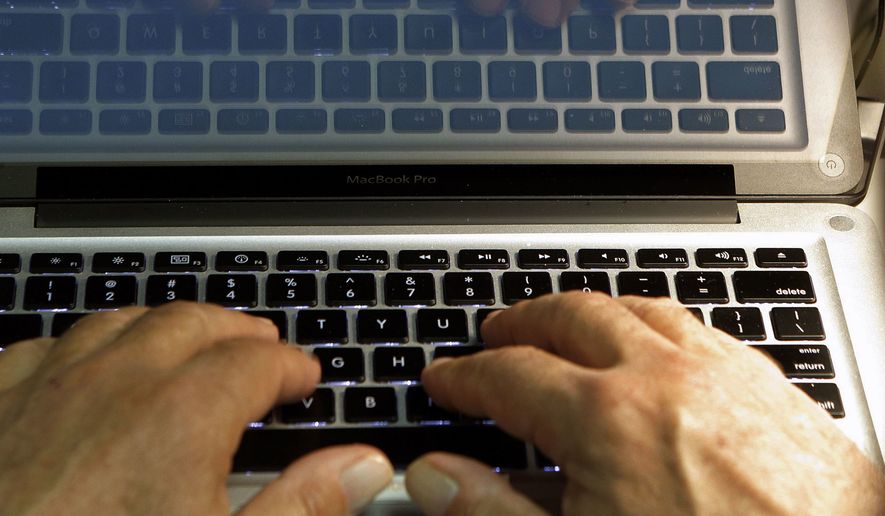A hacking suspect at the center of an international custody dispute may be extradited to either the U.S. or his native Russia, a Czech judge ruled Tuesday.
Yevgeniy Nikulin, 29, is wanted by both Washington and Moscow over separate allegations of computer hacking, but has been held inside a high-security prison in Prague ever since his arrest there nearly eight months ago.
Weighing bids from both this week, Prague Municipal Court Judge Jaroslav Pytloun ruled that U.S. and Russia have each “clearly fulfilled” the legal conditions required to secure Mr. Nikulin’s extradition, effectively agreeing either is worthy to receive the suspected cybercriminal.
Attorneys for Mr. Nikulin appealed the U.S. extradition immediately afterwards and have until the end of the week to agree to Russia’s request. Prague’s High Court will review all appeals and ultimately let Czech Justice Minister Robert Pelikan to have the final say with respect to deciding which extradition request the country will accept.
“Both [case] documents are very, very sufficient for reasonable suspicion that [the offenses] took place and that there is reason to press charges,” Judge Pytloun ruled Tuesday, Reuters reported.
In the U.S., a federal grand jury in California charged Mr. Nikulin in October with hacking American internet companies LinkedIn, Dropbox and Formspring in 2012. He was arrested in Prague on Oct. 5 after being pursued by the FBI and Interpol, and has been held in solitary confinement ever since, The Guardian reported Tuesday.
A Moscow court issued an arrest warrant of its own for Mr. Nikulin in November, meanwhile, and claims he’s wanted at home for a cyber-scheme that supposedly enabled him to steal $3,450 from a Russian-based financial service.
“I’m innocent,” Mr. Nikulin said through a translator at Tuesday’s hearing, The Associated Press reported. “I haven’t done anything illegal. I have nothing to do with that.”
He also told the court Tuesday that he had been approached twice by U.S. authorities and urged to falsely take the blame for hacking the Democratic National Committee’s computer systems in exchange for money and housing accommodations, AP reported.
“I rejected doing it,” Mr. Nikulin reportedly said.
Mr. Nikulin previously claimed he was contacted by the FBI and asked to admit hacking the DNC in a letter sent to Russian media earlier this month. The Justice Department declined to comment on his claim upon being reached Wednesday by The Washington Times.
The U.S. intelligence community previously concluded that DNC computers were infiltrated by a division of Russia’s military intelligence agency, GRU. Russia has denied that assertion, and Moscow has portrayed the U.S. intelligence community’s conclusion as well as the case against Mr. Nikulin as politically motivated.
• Andrew Blake can be reached at ablake@washingtontimes.com.




Please read our comment policy before commenting.